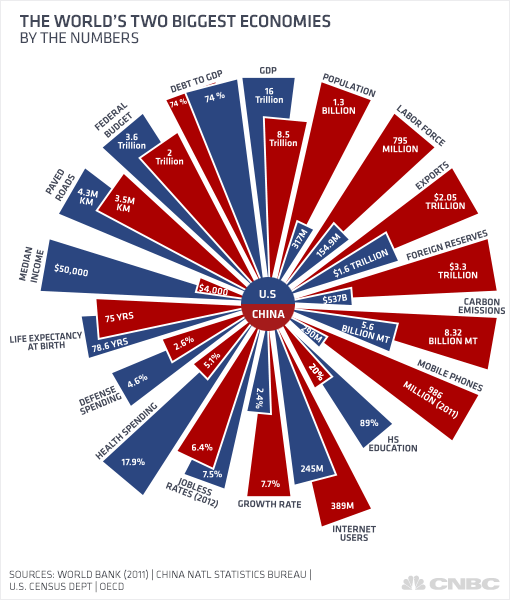“WASHINGTON (MarketWatch) — Faced with a rash of insider trading in the markets, federal prosecutors and securities regulators in recent years have stepped up efforts to crack down on violations.
But insider trading and market fraud persist, perhaps at epidemic levels. Even though the Securities and Exchange Commission has brought more insider-trading actions in the past three years than in any three-year period in the agency’s history, and even though the U.S. attorney in New York City has convicted 73 people in insider-trading cases since 2009, the crime remains all too common.
That’s what MarketWatch found in a series of interviews with people convicted of insider trading and fraud. These felons painted a picture of an unfair market driven by widespread cheating that favors those with privileged information and expensive technology. The cheating also hurts individual investors and retirement savers trying to follow the rules of the road and produces a deeply unfair market environment.
MarketWatch reporters conducted a series of in-depth interviews with ex–investment brokers and others who lost their trading licenses and are either in prison serving multiyear sentences or have done their time in the slammer and now advise others on what not to do.
The results were discouraging.
MarketWatch found that insider trading may be one of the most common crimes on Wall Street and one of the least prosecuted. And that was only the beginning. MarketWatch discovered that the problem for retail investors goes far beyond a failure of regulators to identify insider-trading violations.
The financial criminals we spoke with said that not only do many investors routinely skirt insider-trading laws, but the explosion of computerized high-speed trading in recent years has made the situation even more unfair for the retail investor.
Those retail investors should be careful when relying on audited financial statements because accounting fraud continues unabated, according to one interview. Accounting-fraud cases are complex, and regulators don’t have the resources to enforce the law effectively, according to one felon.
As one fraudster put it to MarketWatch, the Securities and Exchange Commission has roughly 4,000 employees to regulate the financial industry while there are 35,000 cops in New York fighting blue-collar crime….”
Comments »


![[image]](http://si.wsj.net/public/resources/images/P1-BL772_CDO_NS_20130604185705.jpg)
